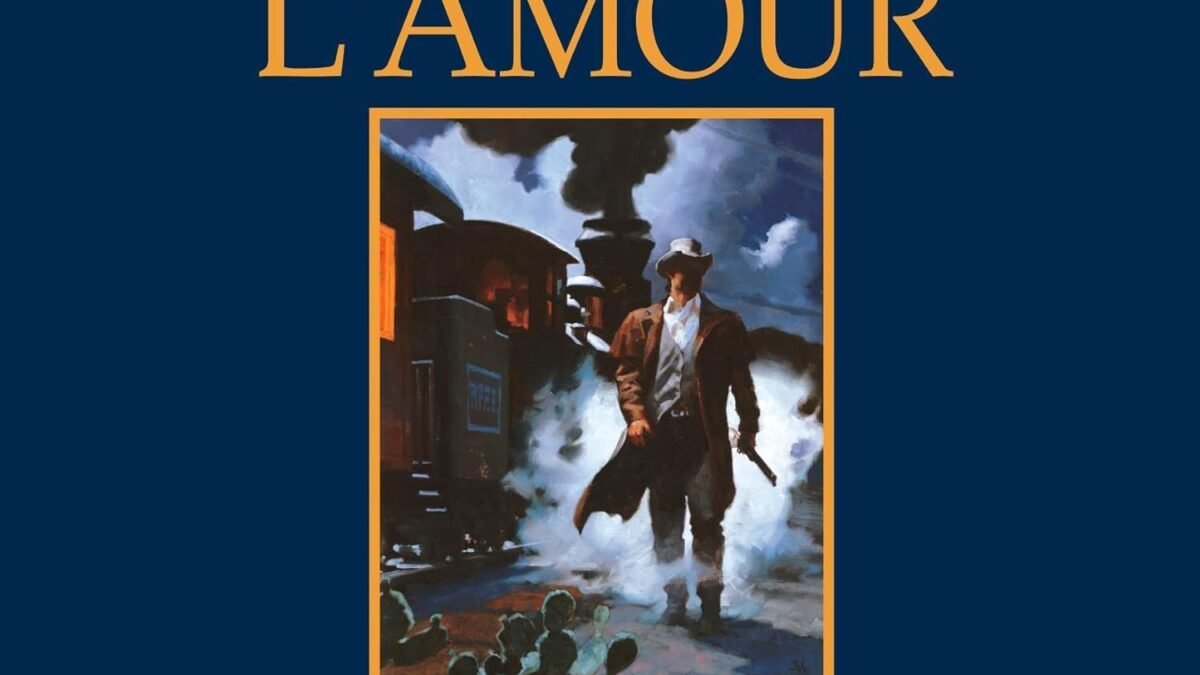
Unearthing Resilience: A Deep Dive into Flint’s Raw Narrative
Flint: A Novel – A Journey Through Grit and Redemption
There’s something about the rugged landscapes and complex characters in a Louis L’Amour novel that pulls you in and makes you feel at home, even if you’ve never set foot in the Wild West. When I opened the pages of Flint, I didn’t just dive into a book; I found myself returning to a familiar world of courage, redemption, and unforgiving terrain. As the story unfolded, I was reminded of why L’Amour remains a cornerstone of American literature.
At the heart of Flint is a tale that intertwines the past and the present, where the titular character is not just a wealthy financier but also a man grappling with his roots and the mortality looming over him due to cancer. Flint’s return to New Mexico isn’t just a return to die; it’s a confrontation with his past—his bloody trail of violence and the unresolved conflicts that have shaped him. The rich tapestry of characters is woven with authenticity; Nancy Kerrigan, the determined rancher, and the cold-hearted speculator offer a stark contrast to Flint’s seasoned grit that begs the question: can this once-feared man muster the strength to save what truly matters—beyond wealth, beyond fear?
L’Amour’s writing style is as sharp and vivid as the cliffs of New Mexico he depicts. Every bullet fired and every moment of introspection brings an authenticity that keeps the reader engaged. I found myself immersed in the well-researched historical details, particularly the landscape descriptions that paint a picture so clear you can almost feel the sun on your skin or the dust in your boots. The pacing, while occasionally receiving mixed reviews, felt compelling to me. I found the tightly-woven narrative held my attention throughout, reminding me that even in the quiet moments, tension simmers just beneath the surface.
The themes of redemption and resilience resonate deeply. It’s in Flint’s choice to stand with Nancy against the odds that the heart of the novel beats strongest. One memorable quote that struck me was Flint’s reflection on time—how it’s both a thief and a healer. This encapsulates the struggle of a man who knows his time is short yet feels compelled to make a difference. The emotional pull of the story isn’t just in the action-packed sequences but in the shared humanity of its characters.
I can see Flint as a perfect fit for both long-time fans of L’Amour and those new to his work. Western lovers, adventure-seekers, and anyone intrigued by tales of redemption will find something to appreciate. It’s a reminder of our shared struggles and the battles we choose to fight—and the stakes involved when we finally act on them.
In closing, reading Flint was more than just an engaging escape. It was a reflection on life’s choices, a reminder of the courage it takes to confront our past, and the realization that it’s never too late to stand up for what’s right. I walked away not just entertained, but also uplifted and inspired—a true testament to the lasting power of storytelling.






